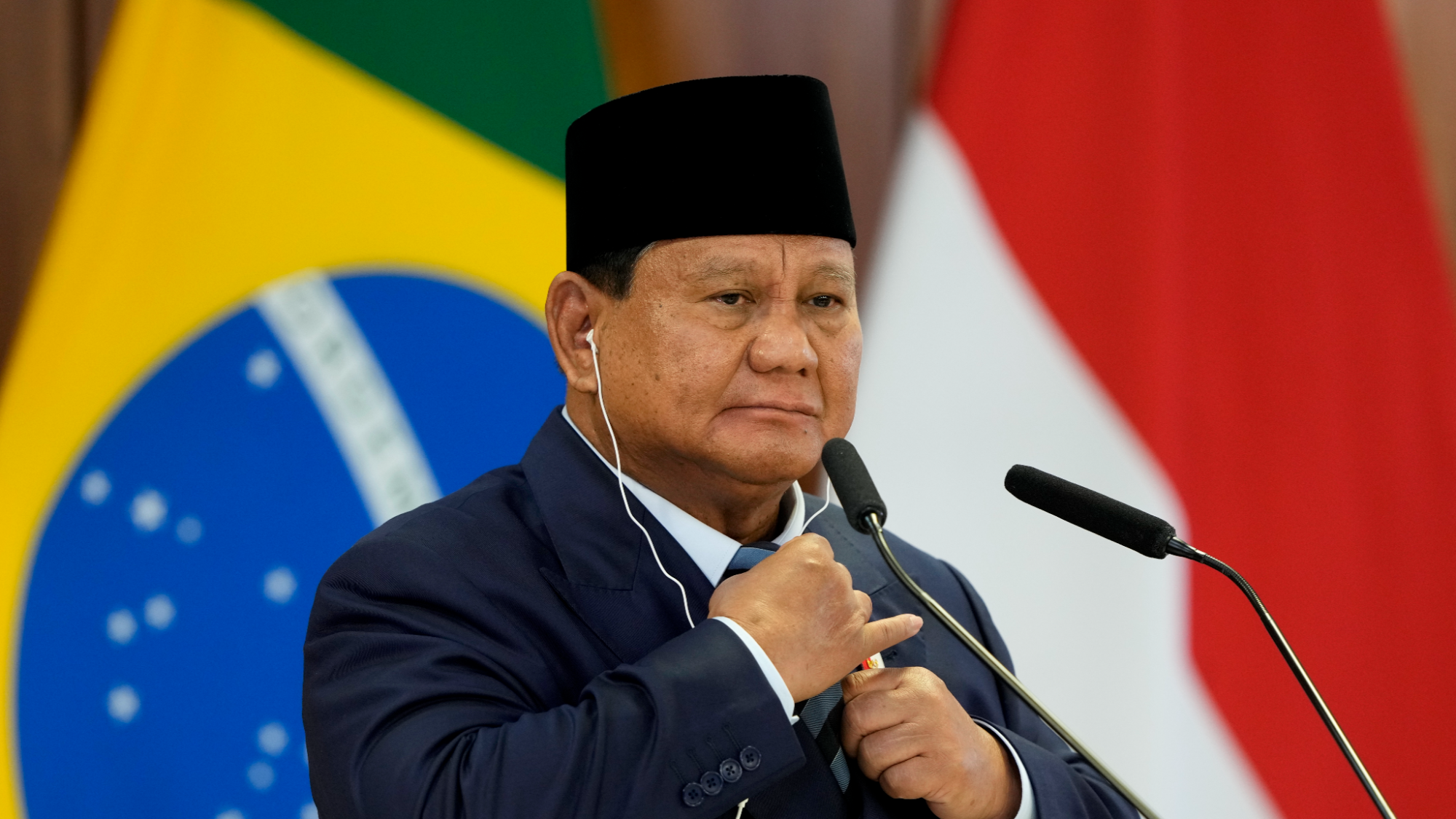
Indonesia aims to transition entirely to renewable energy by the middle of the coming decade, according to President Prabowo Subianto, well ahead of the country’s previously announced goal.
“We are planning to achieve 100 percent renewable energy within the next ten years,” Prabowo said during a press gathering with Brazilian President Lula da Silva in Brasilia on Wednesday. “The target, of course, is 2040, but my experts tell me we can achieve this much faster.”
Indonesia is among the world’s top miners and burners of coal, relying on fossil fuels for roughly 80 percent of generation. Since his inauguration last year, Prabowo has touted his desire to speed up the country’s transition away from the fossil fuel, making statements that are out of often out of line with the rest of his government and with his predecessor, who aimed to achieve net-zero emissions by 2060.
READ MORE: Indonesia plans to boost renewable usage in new electricity supply plan
The country’s latest national power plan envisages that 75 percent of new capacity additions over the next nine years will come from renewable sources, but that would still leave a vast existing fleet of coal plants, many of them built only in recent years. It also leaves space for new gas and coal generation to be added.
An industrial boom led by the country’s nickel smelting sector has also largely been driven by new, purpose-built coal plants.
READ MORE: Indonesia's president urges developed nations to invest in green economy
Back in 2022, Southeast Asia’s largest economy signed a landmark climate finance deal that promised to accelerate the phase out of coal and the building of clean power. That plan — the Just Energy Transition Partnership, later deployed in other middle-income nations — has since made little progress.


